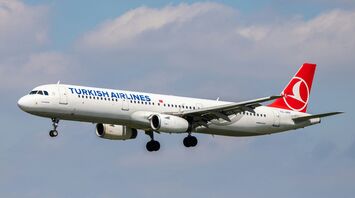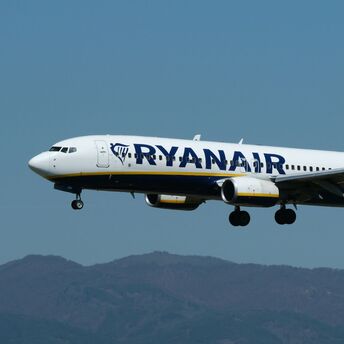Turkish Airlines Flight Attendant Injured by Severe Turbulence

A Turkish Airlines Airbus A321 flight from Istanbul to Izmir encountered severe turbulence, leading to a serious injury for a flight attendant. This incident adds to a recent string of turbulence-related events affecting several airlines.
During the flight, which was a short domestic route, the Airbus A321 experienced sudden turbulence shortly after the seatbelt sign was turned on. A flight attendant, only two months into the job, was thrown against the cabin ceiling and fell, breaking her spine. The exact date of the incident remains unconfirmed.
The recent increase in severe turbulence incidents is concerning. On May 21, a Singapore Airlines flight from London to Singapore encountered turbulence, resulting in numerous injuries and one fatality. The Boeing 777 had to make an emergency landing in Bangkok, prompting Singapore Airlines to revise its in-flight service policies.
Similarly, on May 26, a Qatar Airways Boeing 787 from Doha to Dublin faced severe turbulence over Turkey, injuring 12 people. Additionally, another Turkish Airlines flight from Istanbul to Iğdır was diverted due to severe hail damage.
Experts suggest that the rise in severe turbulence incidents may be linked to climate change. Increased temperatures can lead to more frequent and intense turbulence, posing a growing challenge for the aviation industry.
Turbulence is a common occurrence on flights, typically causing minimal disruption. However, severe cases, like those recently reported, highlight the need for continued focus on passenger and crew safety. As the industry adapts to these challenges, new measures may be necessary to mitigate the risks associated with turbulence.



















